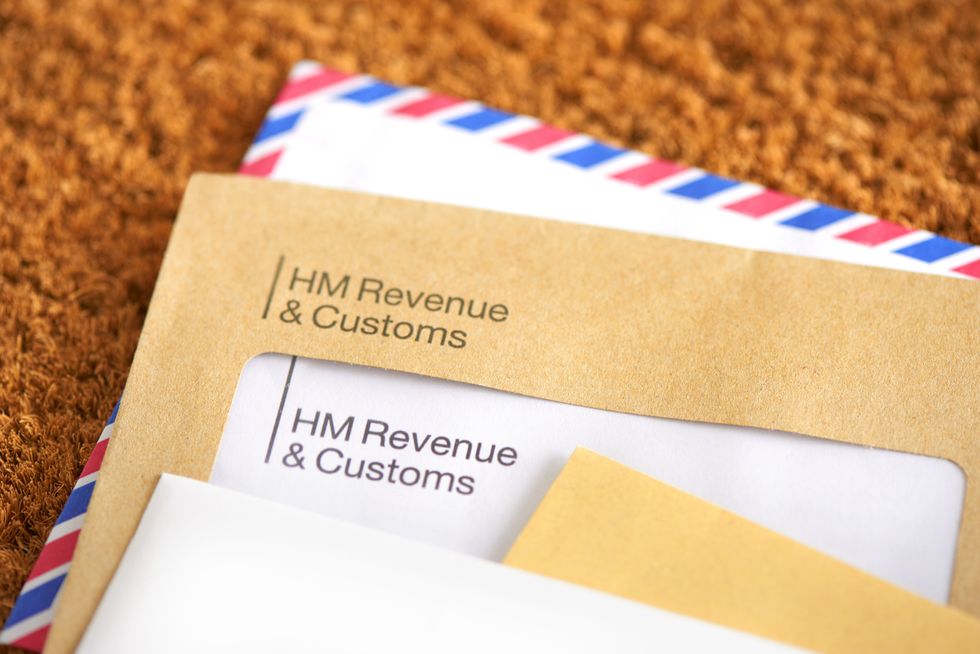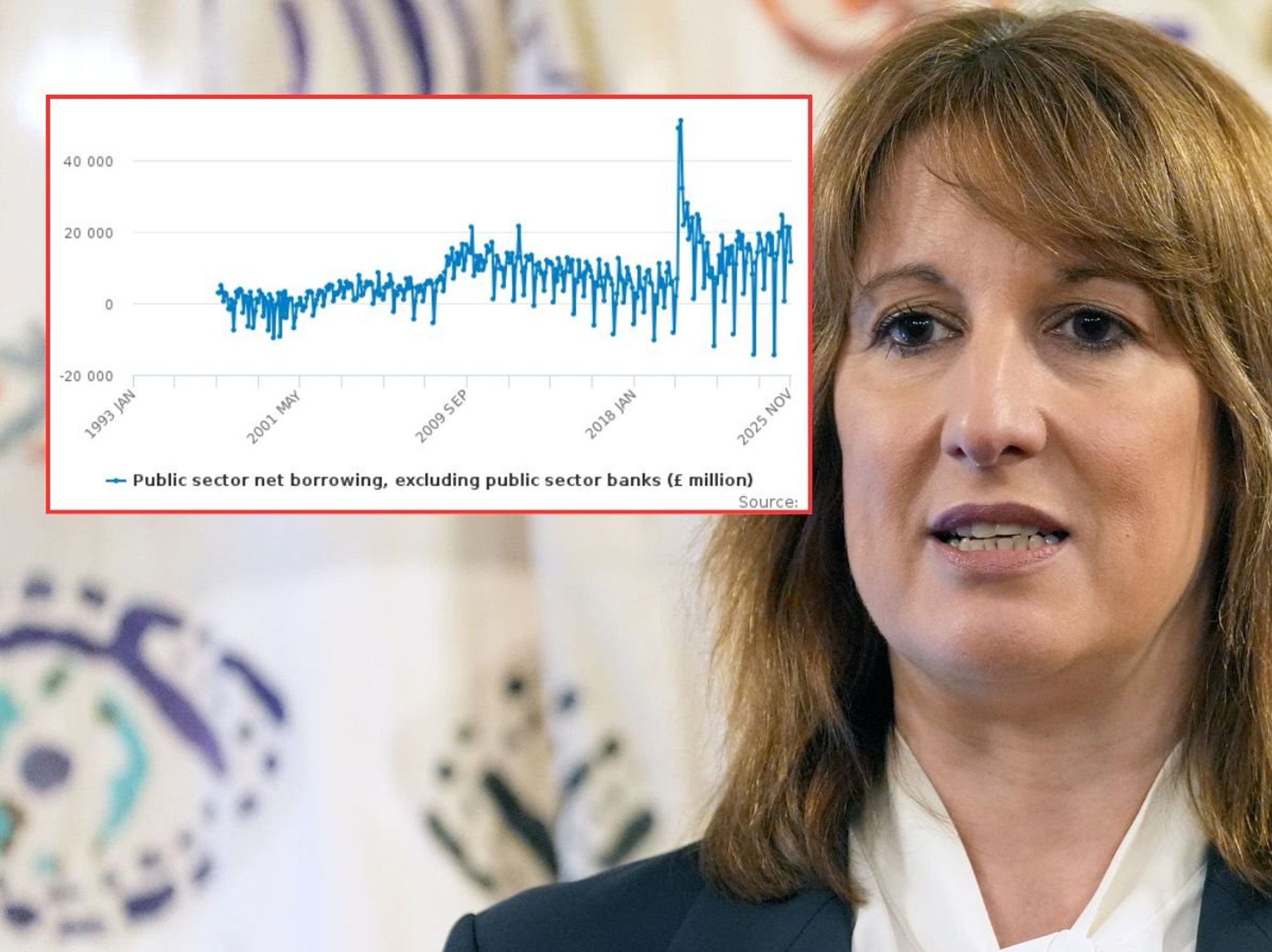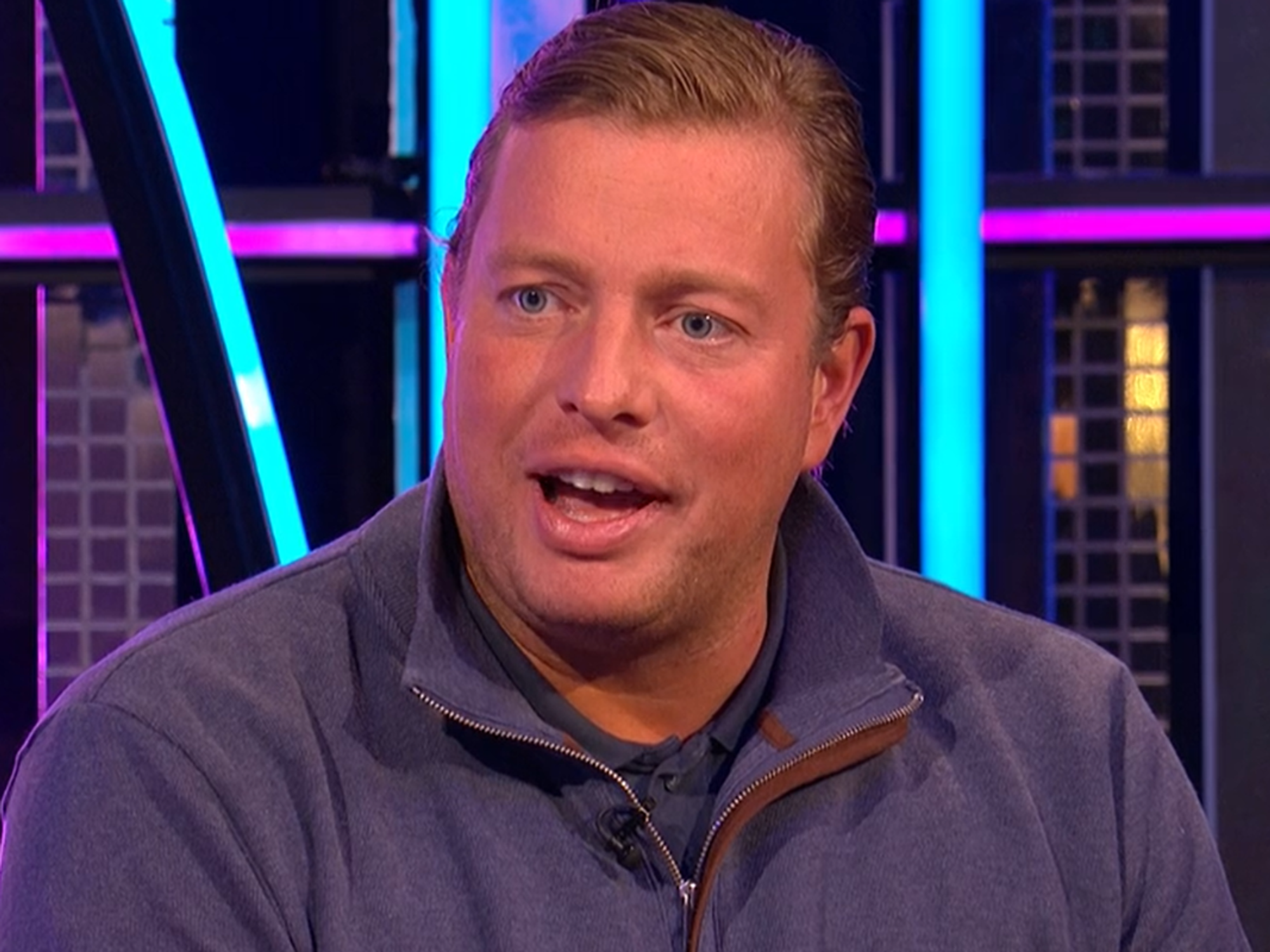Britons urged to consider 'simplest way' to cut bill as biggest pension taxpayers fork out £100,000 each

Some pensioners are being hit with tax bills of nearly £100,000 as a result of taking their pension in cash
|GETTY

Pensioners are paying huge amounts of tax to access their pension when they may not have to
Don't Miss
Most Read
Hundreds of pensioners are being hit with tax bills of nearly £100,000 as a result of taking their pension in cash, new research has shown.
Those withdrawing huge amounts of cash from their pension at one time are urged to consider options to mitigate extra loss.
More than 221 people fully withdrew a pension pot of £250,000 or more between October 2022 and March 20231, according to new analysis.
Those who withdrew from their pensions in this period were hit with a tax bill of £97,500 each, according to FCA figures by Standard Life, part of Phoenix Group.
Around 1,537 people took out between £100,000 and £249,000 from their pensions and were left with a tax bill of at least £27,400 each.
Following the reduction of the 45 per cent rate of tax from £150,000 to £125,140 from April 2023, those withdrawing now would pay more.

Following the reduction of the 45 per cent rate of tax from £150,000 to £125,140 from April 2023, those withdrawing now would pay more
| GETTYA pot of £250,000 withdrawn in the current tax year (2024-25) would lead to a tax bill of at least £98,700 each - over £1,000 more.
This is an increase of 1.23 per cent and would mean a take-home income of £151,300, for someone cashing in exactly £250,000.
Despite pensioners forking out thousands each year tax, there are ways to make withdrawing their retirement savings more tax efficient.
An expert has encouraged individuals to spread their withdrawals, if possible, over many years which can be more efficient.
Mike Ambery, retirement savings director at Standard Life, part of Phoenix Group said: “Our analysis shows there are hundreds of people out there paying huge amounts of tax to access their pension. It’s impossible to know whether their individual circumstances warranted them taking such a big tax hit but for the vast majority of people it’s something you’ll want to avoid.
“It’s important to remember that most pension income is eligible for tax, like other income. Fully encashing a large pot will almost always mean a very large tax bill, sometimes taking away many years’ worth of savings. Often when people fully withdraw their pension it is simply to move the money to their bank account.
"Not only does this mean their savings become eligible for tax but it also means they’re potentially giving up investment returns. The good news is there are ways to make withdrawing your retirement savings more tax efficient and it’s possible to spread your withdrawals over many years which can be more efficient.
“Taking just one option at retirement, such as just cash or an annuity could mean you miss out on an opportunity to maximise tax efficiency and consider your financial needs in the round.
"It’s worth considering a ‘mix and match’ approach to your retirement income which could help you achieve the best of all worlds – you could, for example, annuitise a portion of your income to cover essential outgoings, and leave the rest in drawdown to access as and when you need it."
He encouraged Britons to speak to their pension provider about their options, and seeking advice or guidance when taking from their pension.
Pension withdrawal tax tips
Most people can’t access their pension pots until they reach age 55 (rising to 57 on April 6, 2028)
HM Revenue & Customs (HMRC) taxes anything above the 25 per cent tax-free limit as income.
The amount of tax people pay on that 75 per cent will depend on things like their tax code, the amount they take at a time and whether they have any income from elsewhere such as rental properties or from continuing work.
The total amount people can normally take tax-free across all their pension pots is now £268,275, unless they have specific protections in place.
LATEST DEVELOPMENTS:
Ambery said: “The simplest way to avoid paying too much tax is to make sure you don’t take any more from a pension pot than you need to. Taking it in small, regular chunks could keep your tax bill down.
Remember, you only pay income tax on anything over your Personal Allowance. So, if a pension pot is your only source of income, you could take £12,570 from it each tax year and not pay any tax on it at all.
On the other hand, if you were to take multiple large lump sums from your pot in the same tax year (outside of your 25 per cent tax-free entitlement), you could potentially find yourself pushed into a higher tax bracket.”
He also mentioned using an ISA as savings in the account won't be taxed. Individuals can pay in up to £20,000 each tax year (across all their ISAs), and they won’t pay tax on the withdrawals, or on any gains they might make.
Ambery added: "If you’ve got some savings in an ISA, you could think about using them to top up the income from your pension to help keep the tax down. Or you could use your ISA to cover your retirement income entirely before touching your pension"










